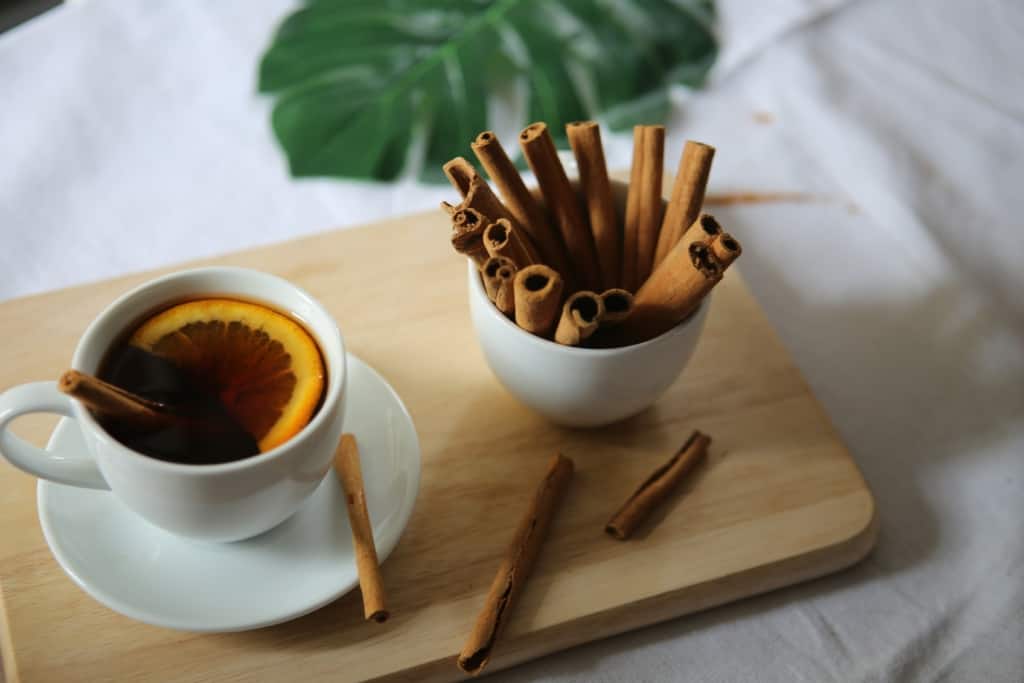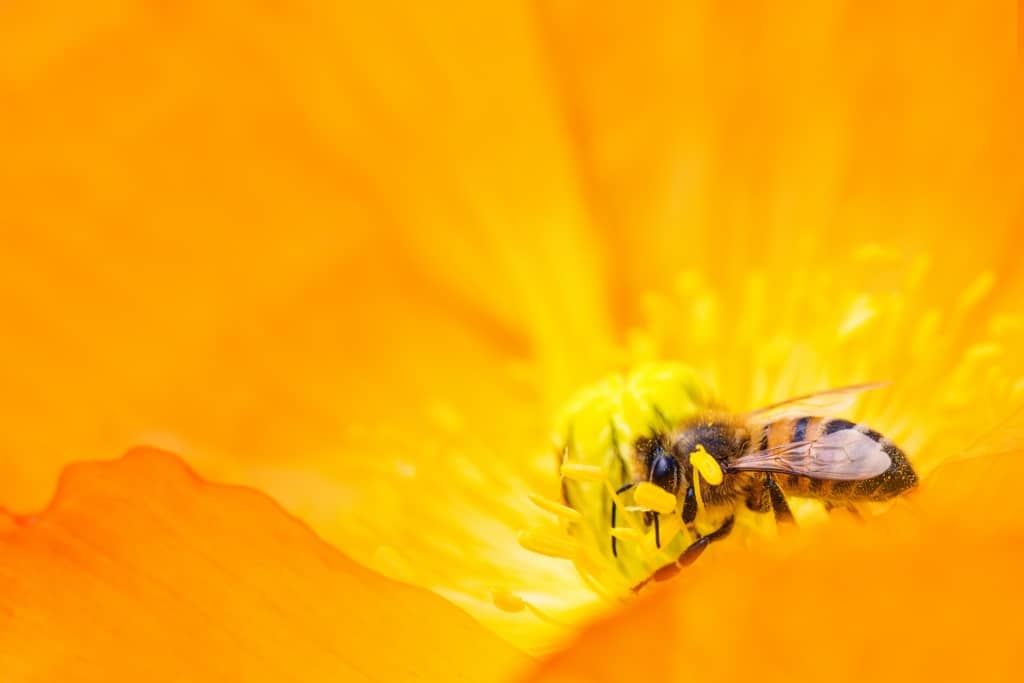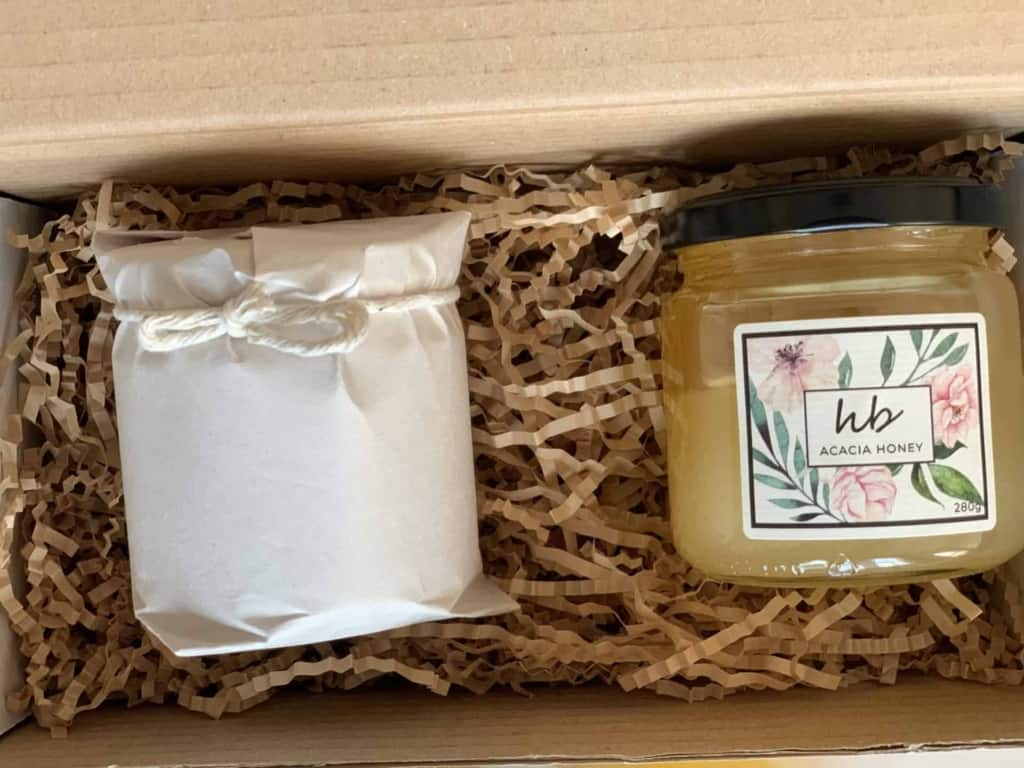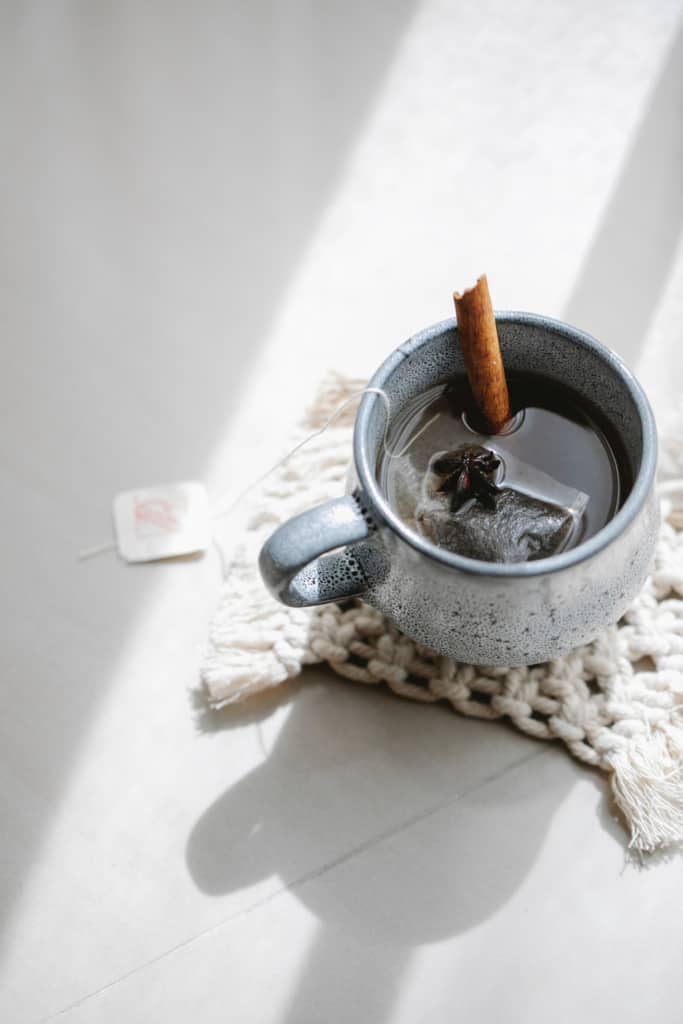Honey has held a place within traditional medicine for years and is becoming increasingly popular as a health food. There are many beneficial properties of pure honey and sometimes, mixing in additional ingredients with this powerful, natural product can complement or even boost its health-giving properties.
Lemon is typically added to honey to treat the symptoms of coughs and colds. A mix of cooling eucalyptus and honey is said to soothe various skin ailments. For centuries, cinnamon has also been cited as working harmoniously with honey. This combination is used for a wide range of purposes and with many apparent benefits.

Cinnamon is a spice that is derived from the bark of trees that are part of the Cinnamomum family. These trees commonly grow in Southeast Asia but can sometimes be found in other parts of the world.
- The common forms of cinnamon include a cinnamon stick (a piece of the bark), powdered cinnamon or cinnamon essential oil.
- The medicinal uses of this spice stretch back possibly as far as the use of honey to treat and prevent certain ailments.
Honey is typically a sticky, golden liquid that is made by bees. It is popular all around the globe for both its delicious taste as well as its medicinal and healing properties.
In ancient Ayurvedic medicine, honey and cinnamon were considered a potent combination, capable of treating many ailments and contributing to overall health. Ayurveda is a traditional, holistic healing system that originated long ago in India. It remains popular in and around India and has gained traction around the rest of the world, with an estimated 240,000 Americans now following the practice.
Ayurvedic treatment blends a combination of natural products (often plant-based) with specific practices such as diet and exercise. Yoga is especially important to practitioners of Ayurveda.

According to some of these ancient traditions, honey and cinnamon together can form a compound that helps with various ailments and issues:
- Boosts the immune system – both ingredients are rich in antioxidants and have antibacterial properties. Regular consumption is also said to maintain healthy gut bacteria.
- Treating the symptoms of a bladder infection – mix a teaspoon of cinnamon with half a teaspoon of honey in warm water and drink it
- Alleviating arthritis pain – make a paste of cinnamon and honey and rub it into the affected area
- Treating acne, insect bites and minor wounds – mix a paste of 1 part cinnamon to 3 parts honey and apply. Leave overnight if possible before washing off. Honey is antibacterial whilst cinnamon is anti-inflammatory
- Lowers cholesterol – regularly consuming the honey/ cinnamon compound is said to lower cholesterol and help to keep your heart healthy. Try using the mixture to replace fat or sugar-laden products such as conserves or butter on bread, crackers or as cake fillings.
Like honey, cinnamon is also widely used to flavour baked goods such as cookies, cakes or gingerbread, commonly added in cooking (such as stews or curries) or stirred into hot drinks (like chai tea or chai latte) to give them a warm, aromatic flavour.
Ways in which you might mix these two complementary items together:
- Adding ground cinnamon to honey to make a paste
- Adding honey to cinnamon tea (homemade or shop-bought)
- Making an infusion by boiling a cinnamon stick in water and later mixing with honey
Some honey producers recognise the superpower of this ancient blend and are selling batches of honey with a hint of cinnamon already mixed in. Try to select raw, or even better raw organic honey when possible.

The combination of sweet honey with warm, aromatic cinnamon has been used throughout the centuries and many people still enjoy the benefits of the properties of honey mixed with cinnamon today. It is also warming and delicious!
The fantastic aroma and flavour of cinnamon and honey mixed together, as well as the potential health benefits, can help to complement your healthy diet and lifestyle.
